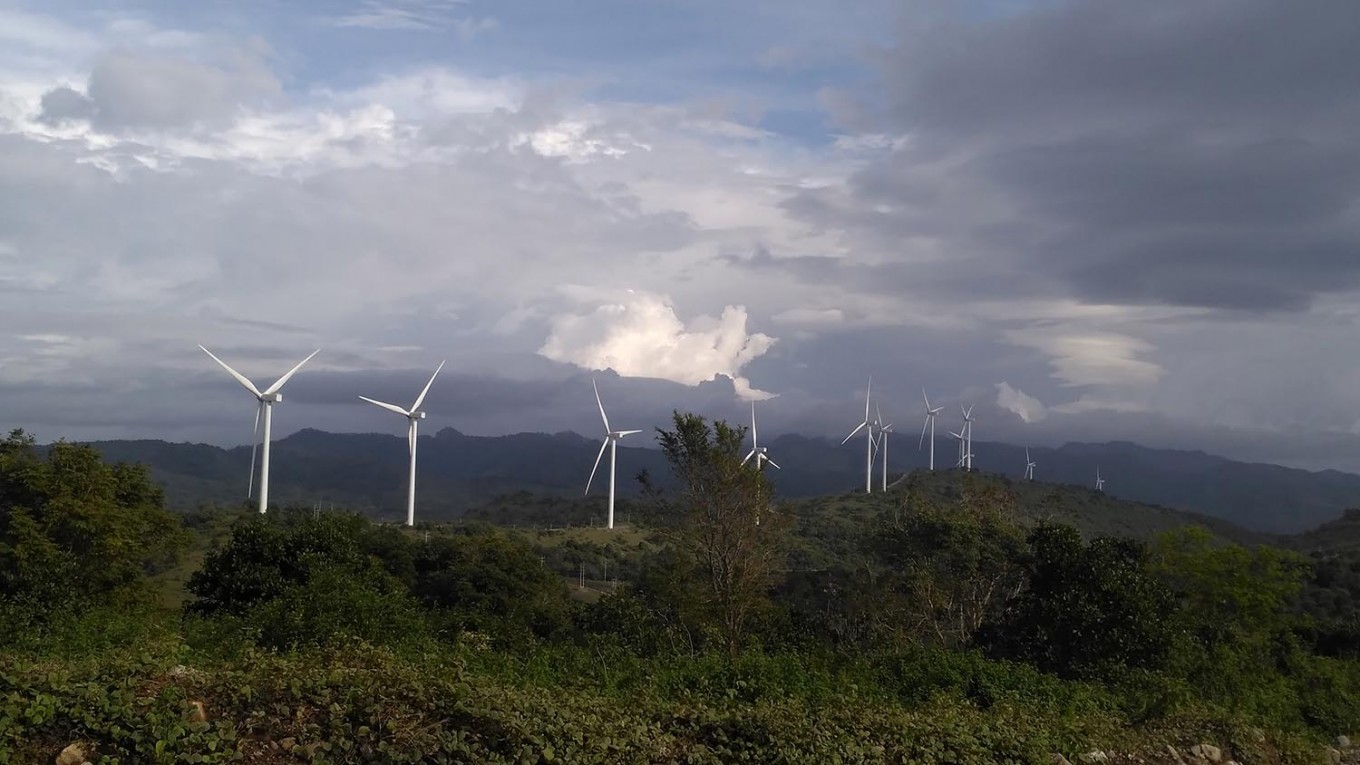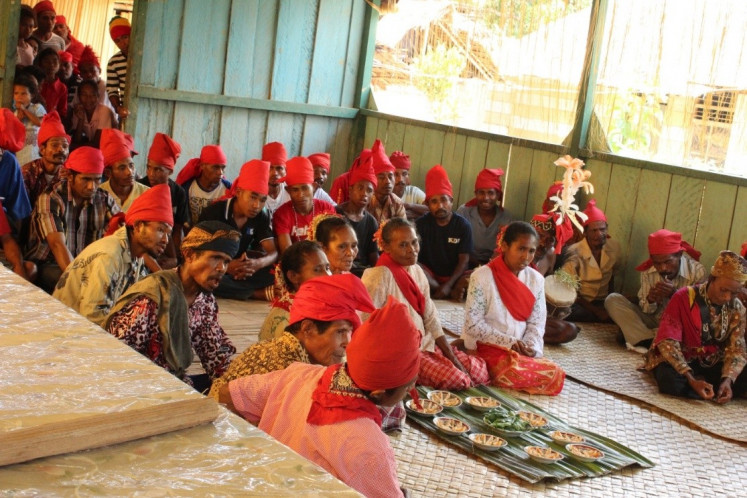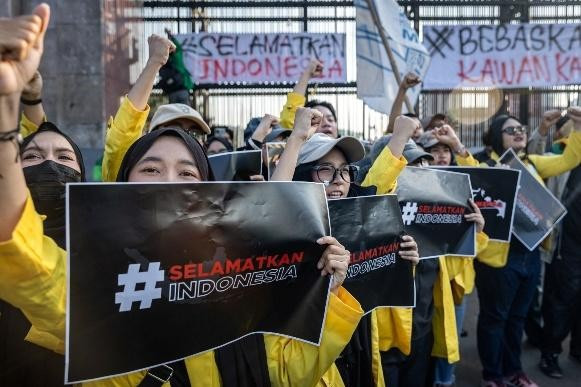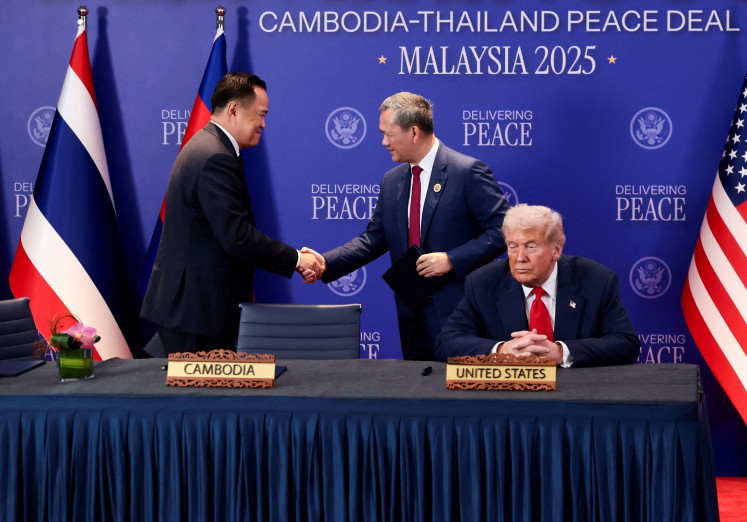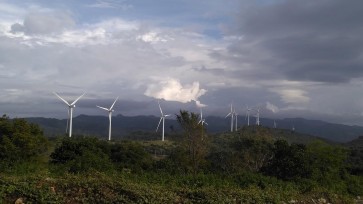Popular Reads
Top Results
Can't find what you're looking for?
View all search resultsPopular Reads
Top Results
Can't find what you're looking for?
View all search resultsEnergy justice: Not an option, but a must in energy transition
It is crucial to secure the energy access of marginalized communities and facilitate their participation in energy distribution -- issues often dismissed in the existing energy system.
Change text size
Gift Premium Articles
to Anyone

The G20’s Energy Transition Working Group held its first meeting in Yogyakarta last March, the main topic being innovation and technology in renewable energy development. Along with the other two priorities of Indonesia’s 2022 presidency, global health architecture and digital transformation, G20 member countries will have to finalize agreements on sustainable energy transition in September.
Energy transition has indeed grown to be an urgent matter, considering the exigent impact of climate change, with increasing disasters, food security issues and rising sea levels. According to the last Intergovernmental Panel on Climate Change (IPCC) report, there is strong evidence for the increase of ill health and premature deaths in the near-to-long term as the global population is increasingly exposed to heat-waves and climate-sensitive diseases.
It is clear that our fossil-reliant energy system requires significant transformation in the transition to a cleaner and more sustainable source. As the same report suggests, energy transition remains the most feasible climate adaptation strategy, with the priorities of resilience infrastructure, reliable power systems and efficient water use for energy generation.
Despite the clear need for energy transition, the process is rather complex, with matters going beyond the question of technological advancement and financing, but also including security and justice. While the former is concerned with supply availability, the latter focuses on distributional and procedural aspects of the energy transition.
According to energy governance experts Benjamin K. Sovacool and Michael H. Dworkin, energy justice seeks to ensure three things in the energy transition process: proportionate distribution of socio-environmental hazards from energy production; equitable access to energy systems and services; and fair decision-making, in which stakeholders can access information and participate.
Inherently, energy justice poses these three questions in the transition process: energy for whom, for what and at whose cost? Therefore, energy justice is crucial to secure the energy access of marginalized communities and facilitate their participation in the energy distribution, issues which are often dismissed in the existing energy system.

